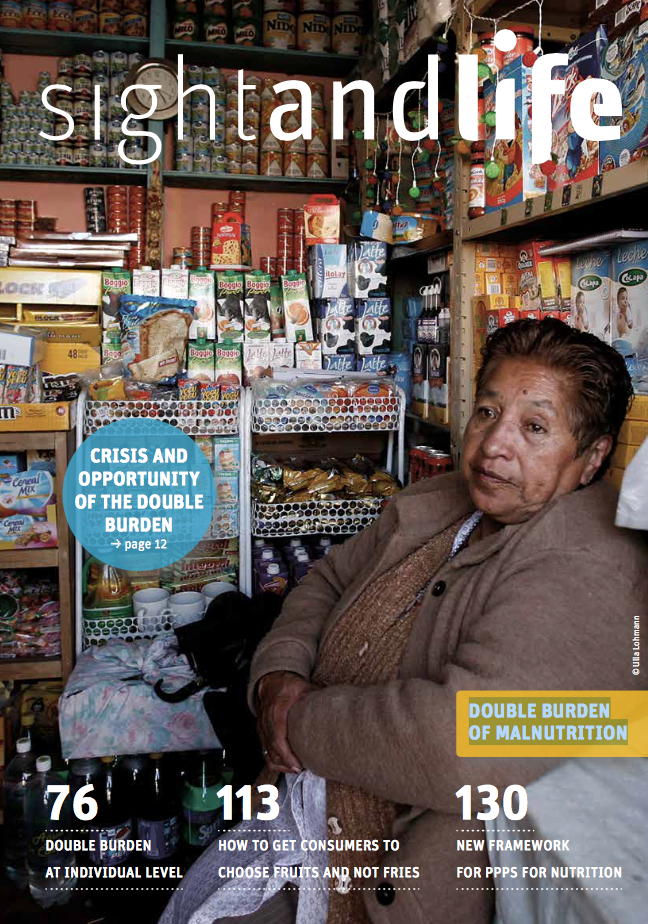Noncommunicable Diseases (NCD)
Non-communicable diseases (NCDs) are now the leading cause of mortality worldwide. They are responsible for 70% of global deaths; equivalent to 40 million people. Poverty, the impact of the globalization of marketing and trade of products deleterious to health, rapid urbanization and population ageing are the main drivers of this global epidemic of premature deaths from NCDs. As stated in the Global Action Plan for Prevention and Control of Non-communicable Diseases 2013-2020, poor quality diets are among the top risk factors contributing to the global burden of disease. Specifically, the NCD burden is associated with diets low in fruits, vegetables, nuts, seeds, whole grains, seafood-derived omega-3 fatty acids but high in sugar, sodium and trans-fatty acids.
According to the WHO’s Global NCD Progress Monitor and the 2016 Global Nutrition Policy Review, governments are making some progress in their response to address dietary risk factors and increased prevalence of NCDs, but not enough to meet the global targets set for 2025.
Latest content relevant to NCDs

IAEA Brief: Stable Isotope Techniques Help to Address the Double Burden of Malnutrition
23/01/2019 - To be in good health, individuals require nutritious food, high-quality water, physical activity, adequate sleep, and a living environment devoid of germs and toxic contaminants. An imbalance in [...]

The Double Burden of Malnutrition: Crisis and Opportunity
10/12/2018 - Sight and Life Magazine on the Double Burden of Malnutrition now availableCurrently, 38 million children are obese worldwide, compared with 151 million children stunted, and childhood obesity is [...]

Gender Health Equity Over the Life Course
08/10/2018 - Identifying and overcoming the barriers women face in accessing health systems in low-resource settings Monday, 8 October 2018 from 8.30-12.30pm in the ACC Room 12 of the Global Symposium [...]

Third United Nations High-level Meeting on NCDs
27/09/2018 - 27 September 2018, 09:00 – 17:00 UTC, UN Headquarters, New York (USA) In September, the United Nations General Assembly staged the third High-level Meeting (HLM3) on the prevention and [...]

Global Week for Action on NCDs
03/09/2018 - With the digital world switched on to talk about NCDs, the first Global Week for Action on NCDs – from Monday 3 September to Sunday 9 September – will provide everyone, [...]

UNSCN News 43: Advancing equity, equality and non-discrimination in food systems: Pathways to reform
01/09/2018 - Inherent barriers exist in food systems that prevent people from overcoming persistent and intergenerational malnutrition and poverty. To overcome these barriers and ensure that no one is left behind, [...]

UNSCN Brief “Non-communicable diseases, diets and nutrition”
28/06/2018 - Non-communicable diseases (NCDs) are now the leading cause of mortality worldwide; they are responsible for 70% of global deaths; equivalent to 40 million people. The health and economic repercussions [...]

A Child Rights-Based Approach to Food Marketing: A Guide for Policy Makers
21/06/2018 - Evidence gathered over the past 20 years indicates that marketing of unhealthy food is a key contributor to the growing rates of child overweight. New marketing channels, ever-evolving techniques, and [...]




